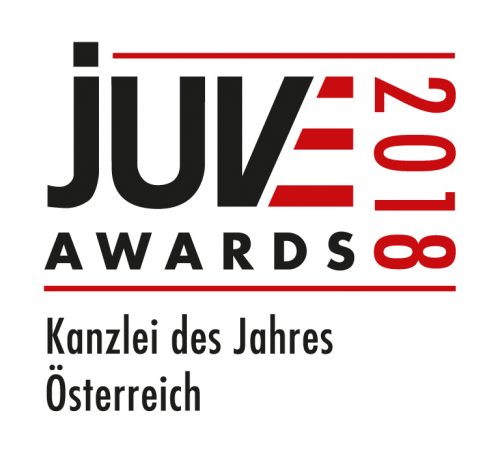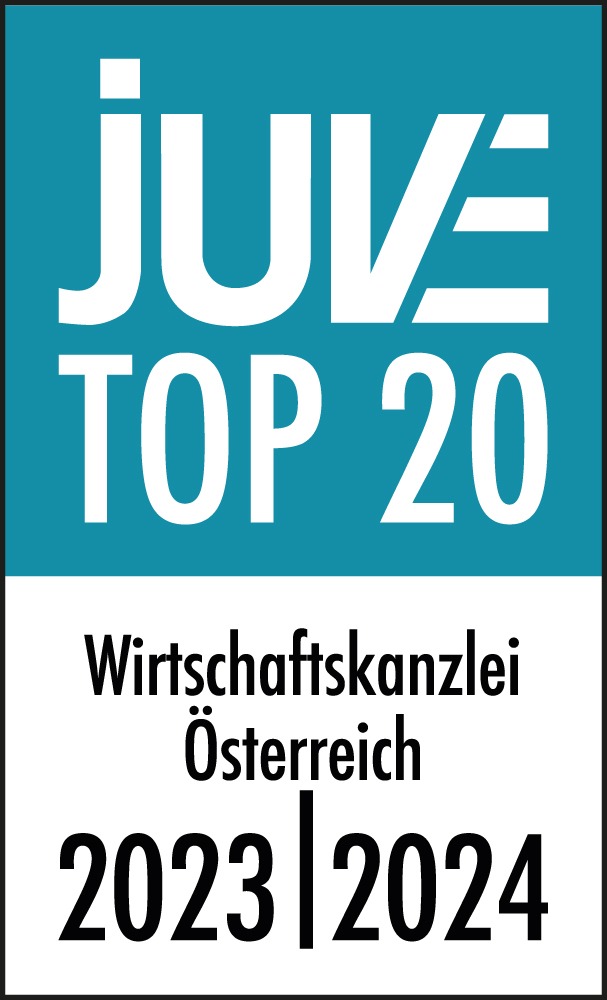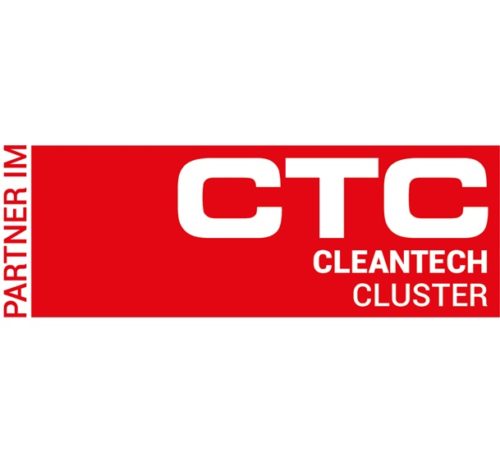Whistleblowing reporting systems
We help with implementation and processing!

In an interview with the daily newspaper “Die Presse”, Thomas Baumgartner explains what Austrian companies can anticipate regarding supply chain due diligence obligations and how they can best prepare for them.
Child labor, forced labor, exploitation of minorities, illegal logging or irreversible destruction of nature are unfortunately still not uncommon in global supply chains. If the EU has its way, companies will now be required to take a closer look and no longer tolerate such practices in their supply chains.
Germany is already a step ahead in this regard. Since the beginning of the year, the Act on Corporate Due Diligence Obligations in Supply Chains (“LkSG”) has been in force there. In practice, we are already witnessing significant effects on Austrian suppliers due to the German LkSG. With the enactment of the EU Supply Chain Act, all larger Austrian companies will soon be directly affected, and smaller businesses will be indirectly affected by supply chain due diligence obligations.
In recent months, the process has regained momentum. Currently, there are three different drafts: one from the Council of the European Union, one from the EU Commission and one from the European Parliament. The drafts differ, in some cases considerably, in the scope and design of the obligations. The common objective is to establish a minimum standard for human rights and environmental protection throughout the entire value chain. Additionally, those affected should be given the opportunity to file a complaint procedure and separate regulations are also to be introduced for the civil liability of companies.
According to the EU Commission’s plan, the EU Supply Chain Act will apply to companies with 500 employees or more and a global annual turnover of EUR 150 million. The EU Parliament wants to oblige all companies with more than 250 employees and a global turnover of more than EUR 40 million. There is consensus that lower thresholds should apply to certain risk sectors, such as the mining industry or the textile sector.
The fact that SMEs do not fall within the immediate scope does not mean that they will not be affected by the Supply Chain Act. Rather, they will be indirectly and very significantly affected. Obligated companies not only have to ensure compliance with human rights and environmental standards in their own business area, but also along the entire value chain. SMEs acting as business partners of directly affected larger companies will thus also be indirectly confronted with comprehensive supply chain due diligence obligations. It is therefore also advisable for SMEs to proactively address this matter and implement appropriate processes and make necessary preparations.
The so-called trilogue negotiations between the EU institutions are currently underway in order to reach a common final text proposal. According to reports, an agreement is to be reached before the EU parliamentary elections in June 2024. The member states will then presumably have a period of two years to transpose the EU Supply Chain Directive into their national law. It is therefore unlikely that Austria will have its own Supply Chain Act before 2025.
The LkSG primarily applies to companies based in Germany with a minimum of 3,000 employees. At the beginning of next year, this threshold will be lowered to 1,000 employees, significantly expanding the scope of application again. This means we’re talking about approximately 3,000 companies that will be directly obligated to comply with the LkSG – quite a substantial number.
In our consulting practice, we have noticed that more and more Austrian companies are indirectly affected by the German law. Due to the close economic ties with Germany, Austrian companies are frequently confronted with inquiries from German companies subject to the supply chain compliance regulations. The trend in practice is that Austrian suppliers are not only obliged to accept their customers’ supplier code, but also to pass on the obligations along their own supply chain. Additionally, companies are often confronted with training and auditing clauses in supply contracts.
From the German company’s point of view, these requests and obligation clauses are generally considered a legitimate concern. Because, if there is a relevant risk situation, they are legally obliged to take appropriate preventative measures towards direct suppliers. At the same time, however, Austrian suppliers should always ensure that they are not disadvantaged by the requested obligations and assurances.
To counter this risk, companies should first analyze their own supply chain to then be able to implement targeted preventive measures in their own business processes. It is not always necessary to reinvent the wheel. Often, it is sufficient to adapt existing processes or expand them to include supply chain compliance aspects. To avoid having to pass on countless (different) supplier codes, it would also be advisable to impose voluntary self-commitments, for example through a separate code of conduct for suppliers and corresponding training programs. Reference can then be made to the company’s own compliance structures when dealing with the German contractual partner.
Yes, there is. However, the options available naturally depend on the respective negotiating power. Companies may act less harshly towards strategically important customers than towards smaller, less significant customers. As a general rule, only companies which establish their own compliance structures that also take supply chains into account will be able to position themselves well in negotiations with their business partners. Those who go into negotiations empty-handed will leave with a full basket of obligations and commitments.
The Supply Chain Act could indeed have a positive side effect in this area. The COVID-19 pandemic showed how quickly supply chains can become unbalanced. This particularly hit suppliers hard, as just-in-time contracts suddenly left them without orders and, consequently, without income. This could have been partly prevented if appropriate risk management processes had already been sufficiently implemented with regard to the highly complex global supply chains. Many companies only realize where their raw materials actually come from when there are supply shortfalls or even failures.
The Supply Chain Act forces companies to take a holistic approach to risks along the supply chain and to set up a risk management system. Regular risk analyses can identify weak points and successfully minimize them.
In my opinion, the EU Supply Chain Act outsources governmental regulatory tasks to private companies. Unfortunately, when legislators build this bridge, the result is often a complex mix of significant responsibility and seemingly excessive obligations for affected companies. This leads to great uncertainty among companies, as it often remains unclear how practical implementation should take place. Nevertheless, Austrian companies should take advantage of these developments to proactively address the risks in their supply chains and implement appropriate compliance structures or make specific adjustments to existing processes.
Thomas Baumgartner lists the 10 most essential points for your company:
This article is for general information only and does not replace legal advice. Haslinger / Nagele Rechtsanwälte GmbH assumes no liability for the content and correctness of this article.
The interview was published in the daily newspaper “Die Presse” on October 18th, 2023.
18. October 2023






